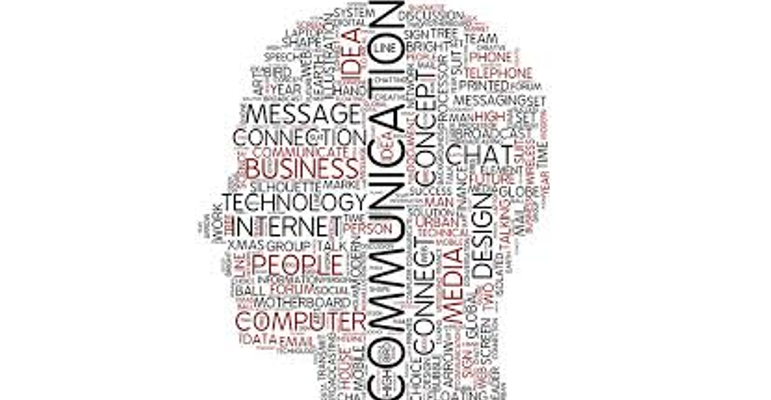Communications: Are they Listening?

The Design Technology Summit will kick off July 17, 2019, in Seattle Washington. I hope you were able to get your application submitted in time before all the spots were accepted and filled. Yes! We did sell out this year, and we anticipate a lively, thought-provoking discussion. I look forward to seeing everyone.
If you are wondering, “How did I miss this opportunity to participate?” then I would like to ask you the same question, “How did YOU miss the opportunity?” In an industry where communication is the primary function, why do we struggle daily with electronic communication and follow-up?
“Communication” (or lack of, or too much) is one of the most popular complaints that staff members have about their workplaces. We are constantly attacked with emails, text messages, instant messages, phone calls, and intranet posts and updates from various platforms, along with personal pop-ups that seem to be on everyone’s multiple devices. Replying is not the problem—we all respond quickly when we care. It is those messages that are deemed less important that causes the issues. But, someone determined the message to be significant enough to take the time to author and send it to you. Culturally, it is rude to not listen, so why do we not read the information presented to us?
“Culture is the most powerful tool for creating value that an organization has, because it directs behavior,” said Kyle Brost, Principal of Choice Strategy. “Company culture is comprised of the learned (or assumed) behavior patterns within an organization. A key element of these behavior patterns is that they are built on deeper assumptions. So, the three important components of company culture are that they are learned, they are patterns, and there is an underlying assumption driving them.” Since culture can be learned, and culture help drives our communication skills, the changes that must be implemented to drive a cultural change in today’s technology environment must be ever revolving. The initial experience the end users have will impact the success of adaptation. Technology implementations must create the right experience to assist in encouraging change and not just change the process. Culture must be fostered to encourage new experiences and training should be designed not only for the new technology, but the thought process needed to adopt change.
In Seattle this July we will be creating a great experience at DTS 2019 to start the process of learning how to help overcome cultural barriers to positively effect change within your organizations. Hope to see you there.
While DTS 2019 is sold out, we bet now that you won’t miss the next opportunity. Stay tuned for announcements regarding DTS 2020. We’d hate for you to miss that email.

Stay social. follow #DBEI